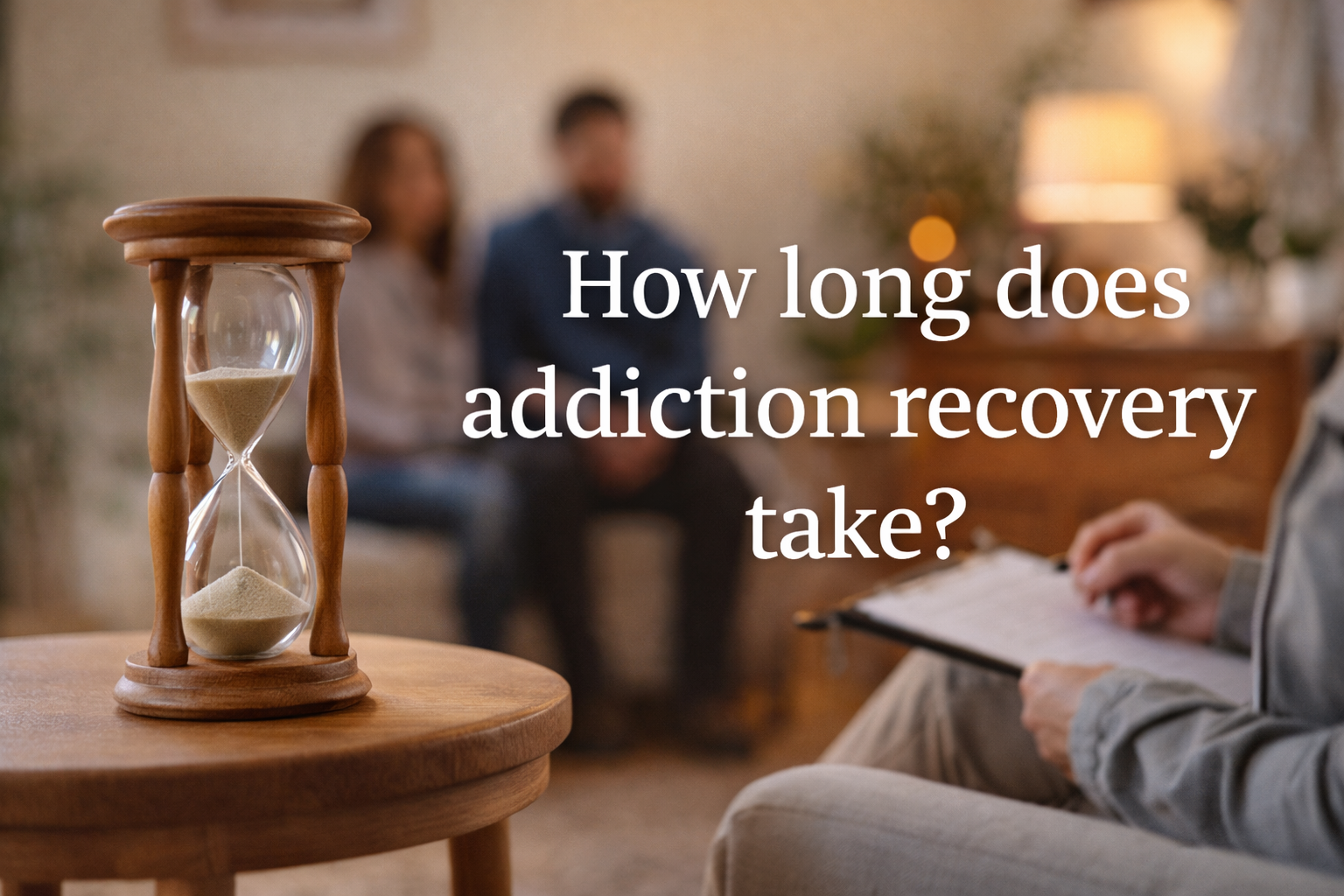What Is Resentment?
Resentment is a complex emotional response typically characterized by feelings of bitterness, indignation, or anger resulting from a perceived unfairness, injustice, or mistreatment. It often arises when an individual feels wronged, slighted, or betrayed by someone else's actions or circumstances. Resentment can build up over time if these feelings are not addressed or resolved, and it can negatively impact relationships, mental health, and overall well-being.
Why Do We Resent When It Doesn't Serve Us?
Sometimes, we think we're in charge, believing our anger can punish those we dislike. This belief is so strong that it clouds our understanding of what's real. In reality, harboring resentment inflicts greater harm upon ourselves than upon others. We nurture bitterness, an emotion only we experience, which holds no sway over those who occupy rent-free space in our minds.
Feeling mad at people for no reason often comes from bad things that happened to us in the past or from childhood trauma. Sometimes, people remind us of others who hurt us before. A while ago, something bad happened, but we never really fixed it. Someone might've hurt our feelings, treated us badly, made us feel ashamed, or ignored us. Now, when we meet people who remind us of those who hurt us, we start treating them differently. Instead of seeing them as regular people, we start feeling mad at them because they remind us of our past bad experiences.
Resentment In Addiction
Addictions keep past hurts alive, making us hurt ourselves and loved ones. Addicts struggle to let go of resentments until they choose recovery because addiction hides the pain of letting go. Denial in addiction makes users believe they have no problems or resentments, as using helps them feel normal. But addiction eventually stops masking the pain, leading to escalating use. Addicts become reactive to past triggers and stuck in resentment, unable to live life fully. Eventually, they isolate themselves, relating only to other users, unable to cope until life becomes unmanageable.
Resentment can be a significant challenge for individuals struggling with addiction. Here's how resentment can manifest in addiction:
Blame and Anger:
People in addiction may harbor resentment towards themselves or others for past mistakes, perceived injustices, or unmet expectations. This can lead to feelings of blame, anger, and frustration.
Escapism:
Resentment can fuel the desire to escape reality through substance abuse. Using drugs or alcohol may temporarily numb the pain of resentment but ultimately exacerbate the problem and contribute to the cycle of addiction.
Relationship Strain:
Resentment can strain relationships with loved ones, as it may lead to communication breakdowns, conflicts, and a lack of trust. This can further isolate individuals and perpetuate feelings of resentment.
Self-Sabotage:
Resentment may manifest as self-sabotaging behaviors, such as neglecting responsibilities, engaging in risky activities, or sabotaging efforts toward recovery. These behaviors can hinder progress and perpetuate feelings of resentment.
Underlying Issues:
Resentment in addiction often stems from underlying emotional pain, trauma, or unresolved issues. Addressing these root causes is essential for healing and breaking free from the cycle of addiction.
Coping With Resentment In Recovery
In recovery, we learn to handle past resentments and understand their harmful effects. Our experiences with addiction have taught us this lesson well. Here are ten tips to help overcome resentment:
Acknowledge Your Resentments:
Face and list the people, places, and things you resent. Recognize how they've affected your life.
Accept Powerlessness:
Realize you can't control the past or others' actions. Let go of the belief that anger can punish.
Recognize Past Archetypes:
Understand that past hurts shape how we see people today. Separate past traumas from current situations.
Accept Rejection:
Understand rejection from flawed individuals isn't your fault. Accept it and move forward.
Embrace Forgiveness:
Understand that forgiveness, not resentment, holds true power. Seek forgiveness for yourself and others.
Identify Triggers:
Recognize triggers that evoke resentment, such as people resembling past hurts. Address them to lessen their impact.
Practice Mindfulness:
Be present in daily activities to create space between triggers and reactions. Use techniques like CBT and DBT for growth.
Acknowledge Your Part:
Understand your role in feeding resentment. Forgive yourself and commit to positive change.
Make Peace:
Stop fighting past hurts. Make amends if necessary and let go of grudges for healing.
Let Go of the Past:
Forgive or forget past grievances to find peace and serenity in recovery. Focus on self-care and nurturing to create space for positive growth and love.
Participating In 12-Step Program
The 12-step program aims to help individuals overcome compulsive, unmanageable behaviors and bring a sense of order and control back into their lives. It is a set of guiding principles in addiction treatment that outline a course of action for tackling problems related to alcoholism, drug addiction, and behavioral compulsion.
It's not easy to deal with resentments alone. Professional help is necessary, especially if you're struggling with addiction. In therapy, you can follow a program designed to address these issues. At Solace Asia, we use various methods to work through the past.
One main approach is working through the 12 steps with a counselor. At Solace, you'll have your own counselor to guide you through each step and help you process your past.
Each step brings up something from your past, which you can then discuss in group therapy. Interpersonal group therapy (IPGT) is a great way to gain insight and delve deeper into your issues and beliefs.
Once past wounds are uncovered, other methods like CBT and DBT can help process them further. Our professional clinicians are here to support you every step of the way.
Early recovery may be challenging, but it's also an exciting journey of self-discovery. It's the beginning of a new life, free from resentment, and filled with joy.




.jpg)



